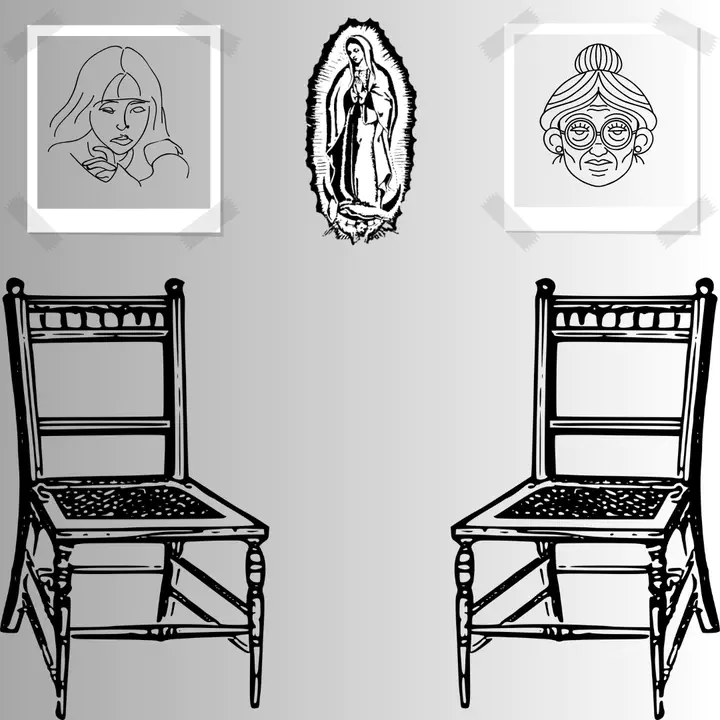Aging without a Safety Net: Challenges Faced by Unauthorized Immigrants at the End of Their Working Years

Labor laws relegate unauthorized immigrants to low-paying jobs during their working years, while other laws exclude unauthorized immigrants from accessing safety-net institutions designed to support older people, such as Social Security or Medicare (Ayón et al. 2020; Flores Morales 2021; Stanley et al. 2020; Torres et al. 2016). This makes the transition out of work carry particular challenges not borne by other populations. At the same time, immigrants in this position describe economic struggles because they can no longer work due to bodily limitations and/or age discrimination, which complicates staying in the United States even if they would prefer to do so. How do older unauthorized immigrants navigate these pressures and uncertainties as their working years come to an end? How does ceasing to work challenge the identities of people defined and valued primarily as laborers in U.S. society –– and how are these challenges gendered? How do unauthorized immigrants plan for their futures and deal with uncertainty at this stage of life? What sources of formal and informal support are they able to access?